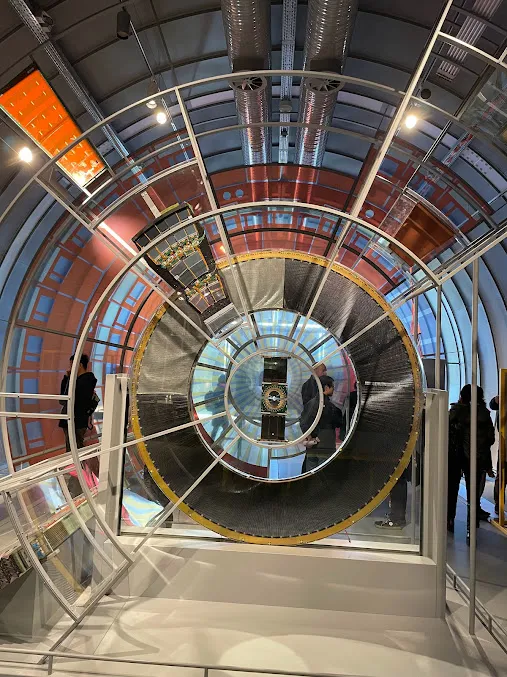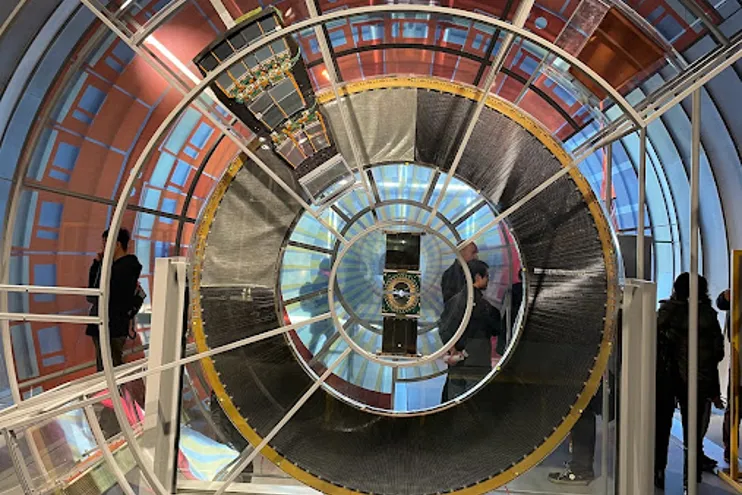Local network visits CERN
On Saturday 11 November members of the IET Switzerland Local Network (LN) enjoyed a fascinating day out at CERN, the European Organization for Nuclear Research, with their French and Italian counterparts.
“Our local network aims to raise awareness of science, engineering and technology in the local area and to promote the IET,” said LN Chair Jeff Hunter, who was the main organiser of the visit. “We’ve been to CERN a few times before and it never disappoints!
“It’s always one of the hardest events to organise, especially with attendees coming from many different locations, all several hours away. But we know that with CERN we are playing our ‘ace’ card!”
As expected, after promoting the event on IET EngX®, all 21 available places were filled very quickly by IET members from Switzerland, France and Italy, and their guests.

“To meet CERN’s strict regulations, we had to supply personal details of all attendees at least one month in advance,” said Jeff. “Once people had signed up, including from our neighbouring IET local networks in France and Germany, we just had to hope they would be able to come along on the day.”
Memorable exhibits
The tour comprised visits to CERN Science Gateway (the main site), the operations centre and the data centre.
Gerard Lambert, who is the Honorary Treasurer of the Switzerland LN committee, helped Jeff organise the visit. He said: “For me, the most memorable exhibits were a virtual-reality video of the Atlas experiment; a hands-on experiment showing the duality of wave and particle forms of photons; a video wall of the first few seconds after the Big Bang; and real bits and pieces of the accelerators.”
The data centre visit was Jeff’s personal highlight. He said: “Getting a close-up look at CERN’s very own data and internet connectivity was amazing. Realising the magnitude of all the data that gets collected was mind-blowing – especially when we learned that none of the data is ever discarded.”
Personal reflections
“CERN is such an amazing place, with a myriad of bright young minds from all over the world,” said Jeff. “There is something wonderful – awe-inspiring – about it.
“I got the distinct feeling that more discoveries like the Higgs boson are waiting to happen. It’s not possible to rush these things. But knowing that all the data is stored, I do feel that perhaps we will get there sooner than expected.
“There should be more centres like this. Yes, the initial costs are very high, but the potential benefits for mankind can be enormous.”

CERN: accelerating science
By enabling talented physicists, engineers and technicians from around the world to collaborate, CERN is pushing the frontiers of science and technology for the benefit of humanity.
The website states: “At CERN, we probe the fundamental structure of the particles that make up everything around us. We do so using the world's largest and most complex scientific instruments.”
The scale of the experiment is colossal. The Large Hadron Collider (LHC) is the world’s largest and most powerful particle accelerator – a 27-kilometre ring of superconducting magnets.
